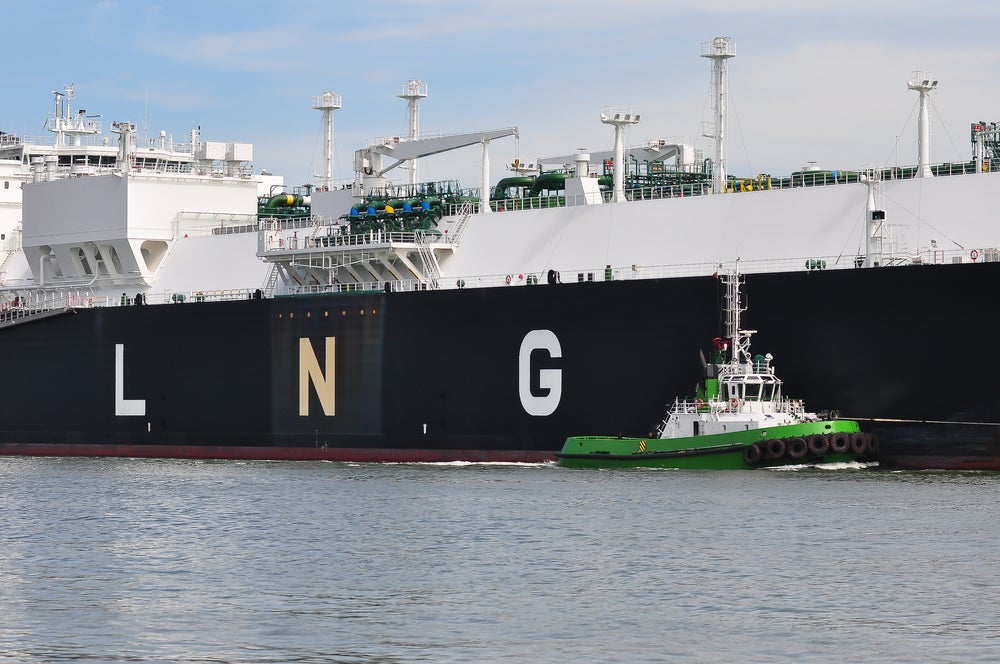
SEA-LNG, a multi-sector advocacy body for the maritime use of liquified natural gas (LNG) as fuel, has called on the International Maritime Organisation (IMO) to regulate greenhouse gas (GHG) emissions to bring “convergence between global and regional measures”.
At the upcoming Marine Environment Protection Committee (MEPC) conference, the IMO is set to look again at its Initial Strategy on the Reduction of Greenhouse Gas Emissions from Ships and SEA-LNG is asking for a holistic approach that is “goal-based and technology-neutral”.
While LNG is seen as a greener fuel, it does often release methane into the atmosphere, but SEA-LNG pointed to engine technology advancements reportedly leading to a four-fold decrease in so-called “methane slip” over the past two decades.
SEA-LNG said: “The maritime sector cannot risk the emergence of a fragmented patchwork of global and regional regulations which could create confusion, conflicting incentives and ultimately, delay.”
The pressure group highlighted several schemes intended to cut methane emissions from the maritime industry but noted that voluntary agreements and targets were not enough to meet the Paris Climate Agreement goals. Instead, formal regulation is needed.
However, it appears the goal of the organisation is not to simply push for LNG to be adopted across the sector but instead to ensure “technology neutral” regulations are in line with the European Union’s Fit for 55 package, which is currently making its way through the Brussels legislative process.
An IMO spokesperson told Ship Technology: “The MEPC is expected to consider the report of the Correspondence Group on Marine Fuel Life Cycle GHG Analysis, including draft Guidelines on life cycle GHG intensity of marine fuels (LCA guidelines) for consideration and adoption. The draft LCA guidelines will allow for a Well-to-Wake calculation, including Well-to-Tank and Tank-to-Wake emission factors, of total GHG emissions related to the production and use of marine fuels.”
How well do you really know your competitors?
Access the most comprehensive Company Profiles on the market, powered by GlobalData. Save hours of research. Gain competitive edge.

Thank you!
Your download email will arrive shortly
Not ready to buy yet? Download a free sample
We are confident about the unique quality of our Company Profiles. However, we want you to make the most beneficial decision for your business, so we offer a free sample that you can download by submitting the below form
By GlobalDataRead more on the LNG sector here.







